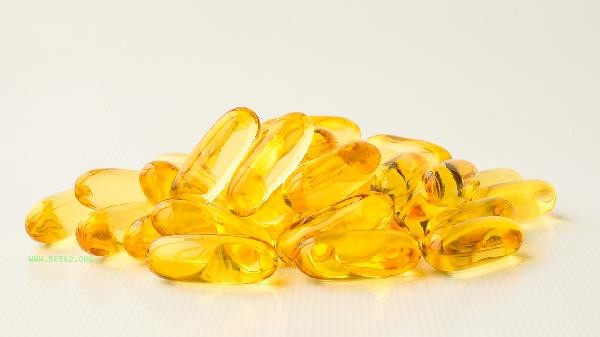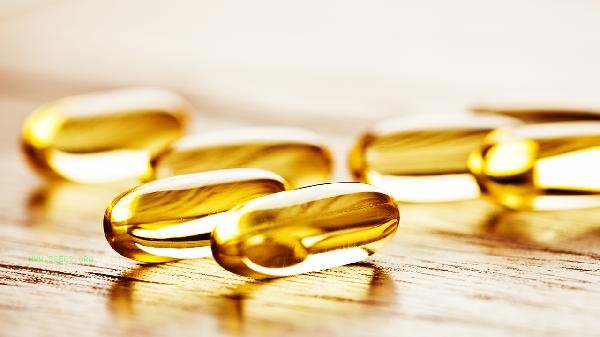Moderate supplementation of vitamin C during fitness can help alleviate exercise fatigue and promote muscle recovery. Vitamin C is mainly obtained through citrus fruits, broccoli, kiwifruit and other foods, and can also be supplemented with vitamin C tablets under the guidance of a doctor. Vitamin C, as a water-soluble vitamin, has multiple functions during the fitness process. During exercise, the human body produces a large amount of free radicals, and the antioxidant properties of vitamin C can neutralize these harmful substances, reducing oxidative stress damage to cells. After high-intensity training, muscle tissue may experience minor tears, and vitamin C participates in collagen synthesis to help repair damaged muscle fibers. Vitamin C can also promote iron absorption, prevent sports anemia, and enhance oxygen carrying capacity. For people who engage in long-term strength training, vitamin C helps maintain joint and ligament health and reduce the risk of sports injuries. Excessive supplementation of vitamin C may cause gastrointestinal discomfort or diarrhea, and long-term high-dose intake may also increase the risk of kidney stones. Some individuals, such as gout patients or those with renal insufficiency, need to strictly control their intake of vitamin C. Some special dosage forms of vitamin C supplements may contain sodium or other additives, and hypertensive patients should choose carefully. Taking high-dose vitamin C on an empty stomach may irritate the gastric mucosa, and it is recommended to take it with or after meals.

Fitness enthusiasts should supplement vitamin C mainly through dietary supplementation, with a recommended daily intake of 100-200 milligrams. Timely supplementation of fruits rich in vitamin C, such as oranges and strawberries, after exercise can not only replenish water but also obtain nutrients. If choosing supplements, it is recommended to adjust the dosage according to the training intensity and individual differences under the guidance of a nutritionist. At the same time, pay attention to maintaining a balanced diet. The synergistic effect of vitamin C and vitamin E can better exert antioxidant effects. Avoid taking large amounts of acidic vitamin C supplements before intense exercise to prevent stomach discomfort.





Comments (0)
Leave a Comment
No comments yet
Be the first to share your thoughts!